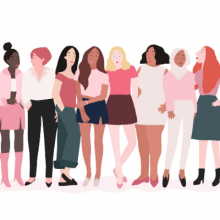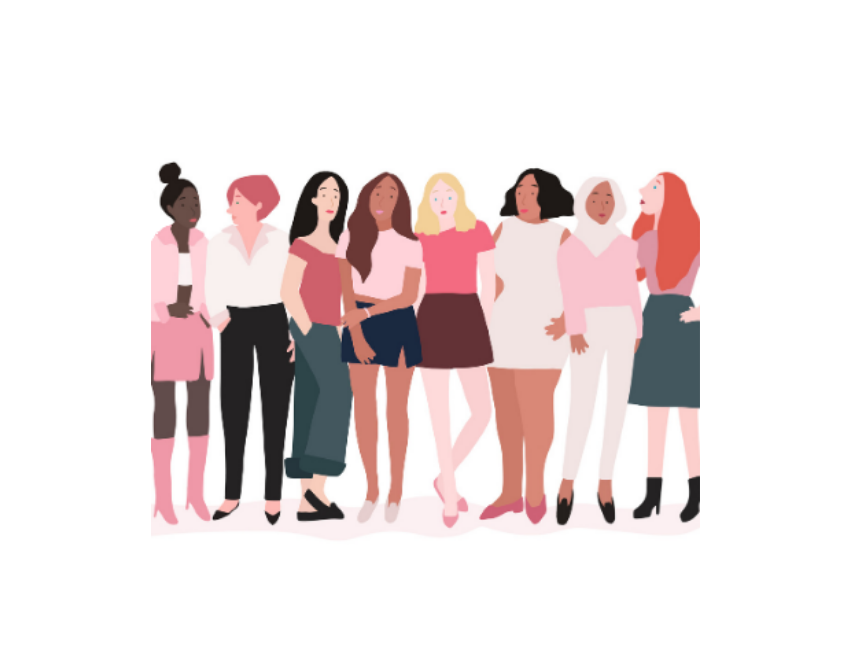
Member Prices
Non-Member Prices
Allegations of sexual misconduct in the workplace continue to make headlines. Though frontpage stories often center on the entertainment industry, harassment, sexual misconduct, the provision of differential opportunities based on gender occurs in any setting in which there is a power differential. As such, academic, training, and clinical settings are often home to such problems. Though these issues are not new, the #MeToo and #TimesUp movements have brought them heightened awareness. These issues are further amplified when those involved may have differential institutional power related to race, ethnicity, and/or sexual orientation in addition to gender identity. Although mentors don’t have to match mentee demographic variables, understanding of the potential strengths and vulnerabilities associated with individual differences is crucial (Levine et al., 2013). Beyond the influences of factors such as gender and culture on women’s (and men’s) values, priorities, and behavior, are widespread differences in others’ expectations in this regard for professional women. These relate to implicit bias and stigma, as well as experiences of discrimination; issues that may be made more or less salient, depending on the broader political climate.
This panel uses an intersectional perspective to discuss the effects of sexual harassment issues on the mentor / mentee relationship. Topics include combatting the desire to ignore uncomfortable mentorship topics (e.g., clinical supervision about cases in which a patient makes sexually inappropriate comments; feedback on professional dress); supporting trainees and mentees who report harassment from patients or professional; how mentor and mentee race, ethnicity, and sexual orientation may influence these discussions, and discussion of the complex and nuanced range of behaviors and responses to behaviors that may occur in our work settings. Given that mentors of professional women are most likely to be men (Green & Hawley, 2009), the panel discusses not only how to improve all of our mentorship, but how to train students of all genders to become responsible, quality, mentors. Rather that oversimplifying these complex issues into a list of “do’s” and “don’ts”, this panel includes educators with decades of mentorship experience in an effort to outline guiding principles and considerations in these areas.
Discussion includes navigation of professional roles, relationships, and expectations; negotiation of career phases and shifting power structures; responses to micro (and macro) aggressions and discrimination; integration of personal and cultural values into career decisions; and responses to a range of professional experiences, from those that are inappropriately gendered to those that are aggressive and/or criminal. Audience participation will be encouraged.
Learning Objectives:
- Describe gender-, value-, and culturally-based factors to consider when mentoring professional women of different backgrounds.
- Identify issues associated with career phase that are relevant to mentoring professional women
- Describe ways to help mentees navigate others’ gender-based expectations for behavior, from an intersectional perspective.
- Identify Individual and institutional considerations in supporting mentees facing a range of difficult workplace situations.

















